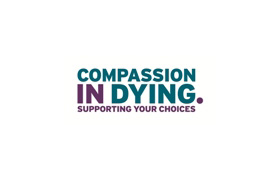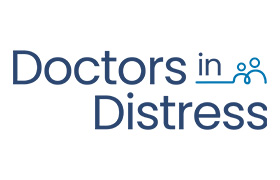This course will offer an overview of the legal and ethical framework for decisions about medical treatment, both for adults and children, those who can make their own decision, and those who cannot, and how to tell the difference. It takes a practical approach to how to resolve and, better yet, to avoid disputes.
Decisions about medical treatment can be about life and death, such as withdrawal of treatment or (not) providing CPR. Or about quality of life, liberty and independence, which can be just as important. But the legal (and ethical) framework around these decisions is often misunderstood, leading to distress and disputes at the very worst of times. We have seen this in a few very high-profile cases, but there will have been untold others in private
KEY OBJECTIVES
By the end of this masterclass, delegates will be confident about;
- The ethical framework underpinning medical treatment decisions
- The lawful basis for restricting the options available for treatment
- The law on consent for adults who can make their own decision, and the importance of good communication
- The approach to establishing whether a patient cannot make their own decision, and how to act lawfully in their best interests
- How to apply these concepts in controversial situations like DNACPR decisions
- How children gain competence to make their own decisions and the role of parental responsibility
- How to manage uncertainty and disputes, and the role of the court
- The practicalities of preparing or giving evidence for court
Who should attend? Any clinicians or managers in healthcare, & any lawyers regularly involved in disputes about medical treatment, whether acting for NHS or independent sector providers or for patients / families.






